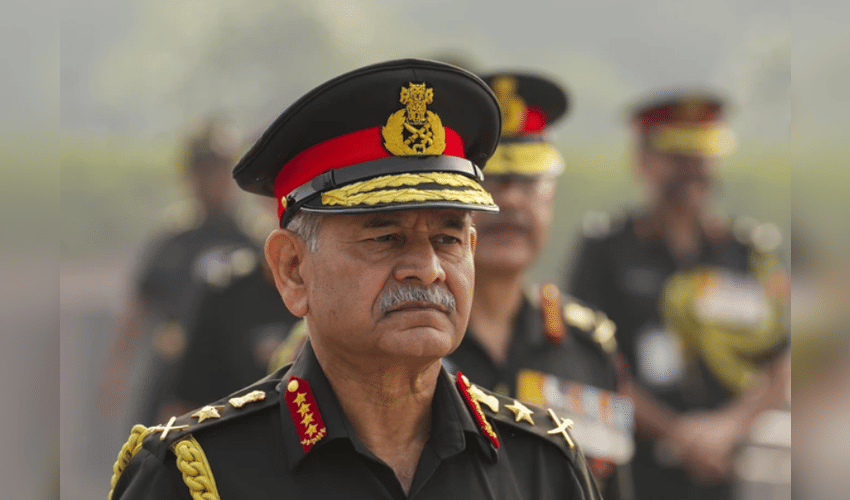News
Army Chief Dwivedi emphasizes that no nation can ensure its security alone, making collaborative defense innovation essential.

In a world facing increasingly complex threats, Chief of Army Staff Gen Upendra Dwivedi stressed on Tuesday that no nation can remain secure on its own, describing shared defence innovation as the strongest shield. Speaking at the India Defence Conclave 2025, he highlighted that India’s two-and-a-half front challenge and the post-Operation Sindoor empowerment have given the armed forces greater flexibility for spiral development and induction of new capabilities.
Gen Dwivedi underscored the evolving nature of warfare, emphasizing the need to build capabilities, invest in defence R&D, and harness emerging technologies. He said the future of warfighting will not be defined by any single domain or doctrine but by how effectively ideas are transformed into enduring capabilities, noting that the journey from concept to capability is essentially a journey from dependence to dominance.
The Army chief highlighted the importance of leadership, strategic partnerships, and collaboration. While research and development builds what a nation can create, partnerships expand what it can access, citing successful examples such as BrahMos and K9 Vajra. He stressed that initial innovations—from “zero to one”—are critical, as scaling them later becomes easier, and if such innovation is not feasible domestically, collaboration with external partners is necessary under mutually beneficial terms.
Gen Dwivedi also spoke about the Army’s adoption of dual-use technology, drone warfare, and convergence of tactics, techniques, and procedures (TTPs). India’s participation in national technology missions like quantum, space, and 6G reflects a collaborative, whole-of-nation approach. Domestically, he emphasized military-civil fusion, describing the synergy between academia, industry, and the military as essential to anchor innovation at home.
Calling on industry to invest in emerging technologies—including AI, cyber, quantum, unmanned systems, space, and advanced materials—he noted that these investments will not only support future operational needs but also strengthen India’s manufacturing and defence exports, citing indigenous systems like Akash AD, ATAGS guns, and Light Tank Zorawar. Gen Dwivedi also discussed plans for full automation and man-unmanned teams, aiming to enhance manpower efficiency by 1.5 to 2 times.
He concluded by stressing the fluidity of modern warfare, which is no longer confined to traditional battlefields, while reiterating that land remains the currency of victory. Turning evolving ideas into real warfighting capabilities, he said, requires a continuum of conceptualization, experimentation, development, and acquisition, driven by thought, technology, and tenacity.



